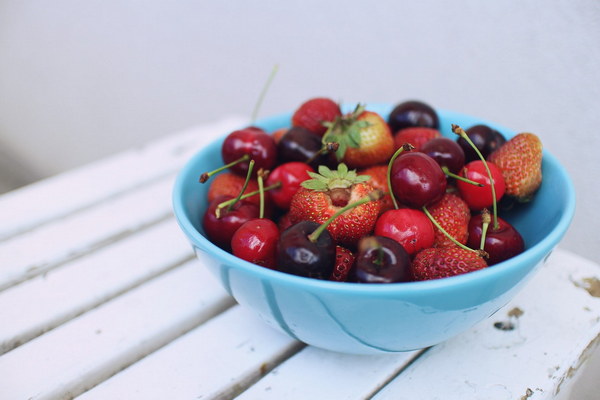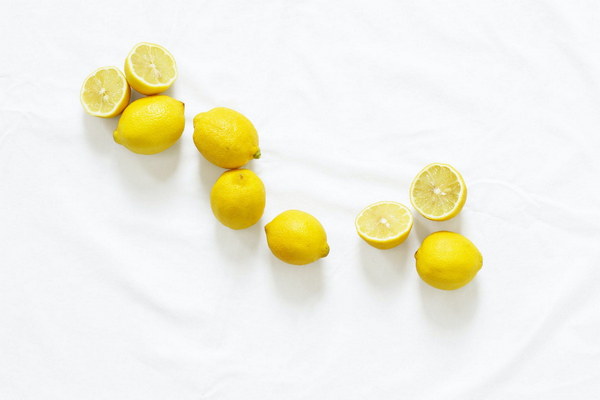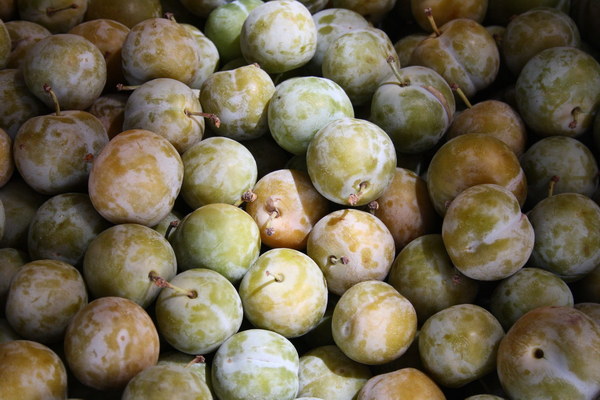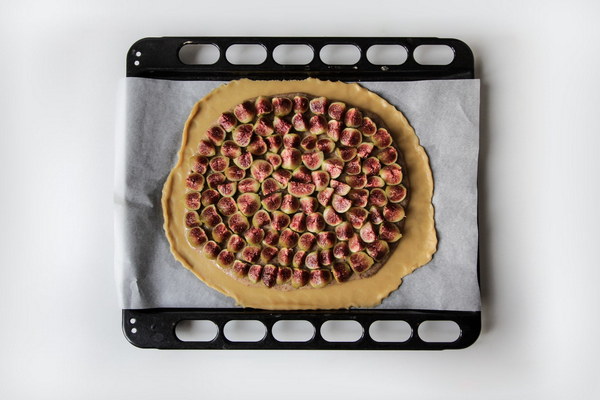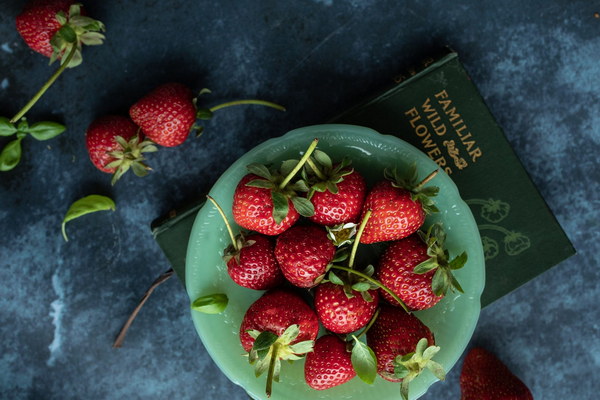Perfectly Blended A Guide to Complementary Herbs for Fall and Winter Tonifying
As the seasons transition from summer to autumn and then to winter, the body undergoes changes that call for a shift in dietary and herbal supplement habits. Traditional Chinese Medicine (TCM) emphasizes the importance of tonifying the body during these cooler months to strengthen the immune system, enhance energy levels, and maintain overall health. This article explores the art of blending complementary herbs to create a potent and harmonious formula for fall and winter tonifying.
Understanding the Principles of TCM Tonification
In TCM, tonification refers to the process of strengthening the body's vital energy, known as Qi (Chi), and its associated organs. The focus is on balancing Yin and Yang, the two fundamental forces that regulate the body's functions. During the fall and winter, when the external environment becomes cooler and drier, the body tends to accumulate cold and dryness, which can lead to weakness, fatigue, and illness. Therefore, the tonifying herbs chosen for these seasons should be warm and moistening in nature.
Key Herbs for Fall and Winter Tonification
Here are some of the most commonly used herbs in TCM for fall and winter tonification:
1. Gan Cao (Licorice Root): Known for its sweet, neutral properties, Gan Cao is often used as a harmonizer in herbal formulas. It helps to balance the other herbs and strengthen the immune system.
2. Dang Shen (Codonopsis Root): A nourishing and tonifying herb, Dang Shen is used to support the Qi and blood, enhance vitality, and improve energy levels.
3. Astragalus (Huang Qi): A well-known immune-boosting herb, Astragalus is excellent for building Qi, especially after illness or fatigue.
4. He Shou Wu (Polygonum multiflorum): This herb is traditionally used for its anti-aging properties, as well as its ability to nourish the liver and kidneys and improve hair and skin health.
5. Goji Berries (Lycium barbarum): Rich in antioxidants, Goji Berries are used to nourish the liver, kidneys, and eyes, and support overall vitality.
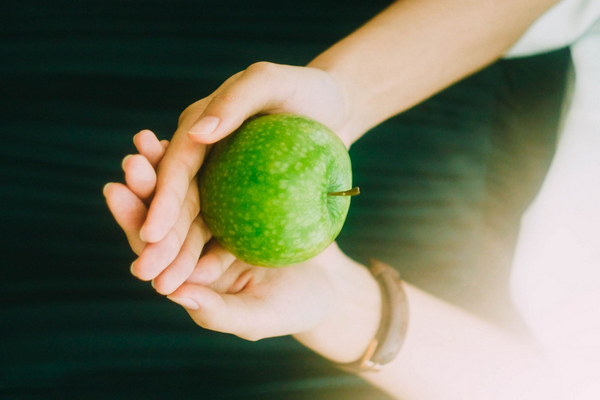
6. Schisandra (Schisandra chinensis): With its sour, sweet, salty, bitter, and spicy flavors, Schisandra is said to nourish all five organs and enhance energy and concentration.
Blending Herbs for Optimal Effect
The key to creating an effective herbal formula for fall and winter tonification lies in blending the right herbs together. Here are some suggestions for creating your own personalized blend:
- For General Tonification: Combine Astragalus, Dang Shen, and Gan Cao to support Qi and blood.
- For Weakness and Fatigue: Add Goji Berries and Schisandra to the formula for additional energy and vitality.
- For Kidney and Liver Support: Include He Shou Wu and Schisandra to nourish these vital organs.
- For Immune Support: Astragalus and Gan Cao are excellent choices to bolster the immune system.
Preparation and Usage
To prepare your herbal formula, follow these steps:
1. Measure the herbs: Use a scale to measure the desired amounts of each herb.
2. Grind the herbs: Use a mortar and pestle or a coffee grinder to grind the herbs into a fine powder.
3. Mix the herbs: Combine the ground herbs and store them in an airtight container.
4. Prepare the tea: Add 1-2 teaspoons of the herbal powder to a cup of hot water and steep for 10-15 minutes. Strain and drink 1-2 times daily.
Remember that it is essential to consult with a qualified TCM practitioner before starting any new herbal regimen, especially if you have pre-existing health conditions or are taking other medications.
In conclusion, fall and winter tonification is an essential aspect of maintaining health and vitality during the cooler months. By blending complementary herbs according to TCM principles, you can create a personalized formula that supports your body's needs and enhances your overall well-being.





